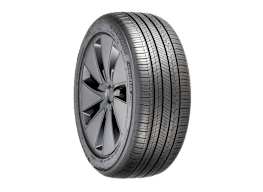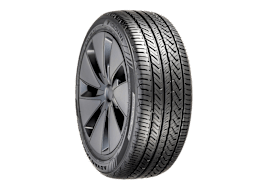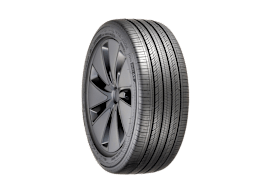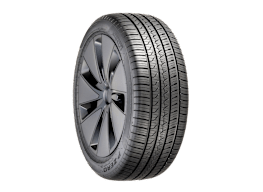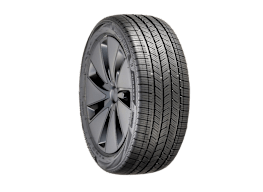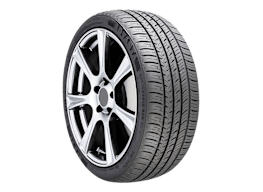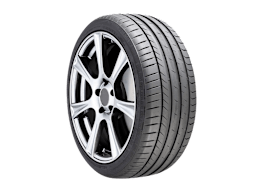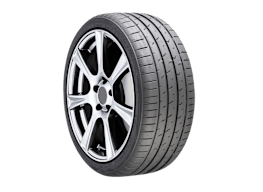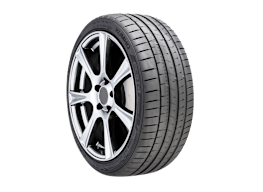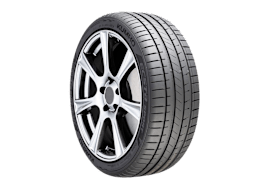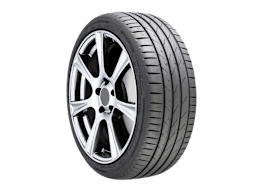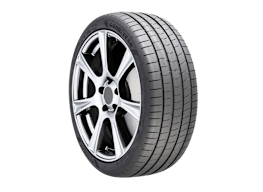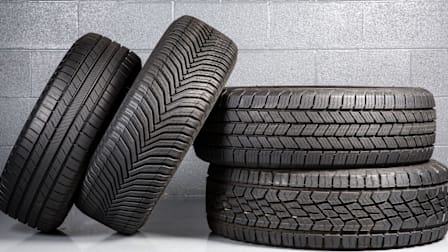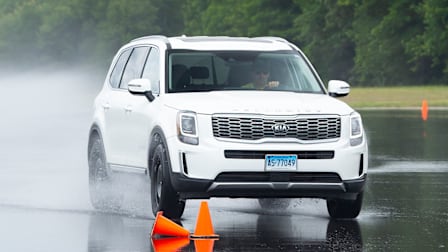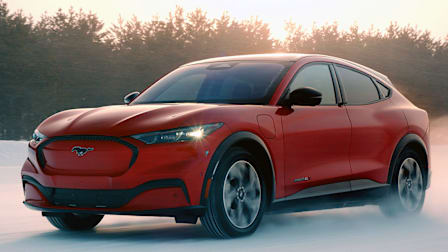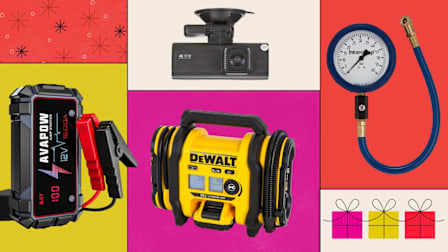Best Winter/Snow Tires
CR's testing identifies standout tires with the best cold-weather grip, including all-season and dedicated winter/snow tires
When you shop through retailer links on our site, we may earn affiliate commissions. 100% of the fees we collect are used to support our nonprofit mission. Learn more.
Winter weather brings serious driving challenges for much of the country, and staying safe means equipping your vehicle with the right tires—before they are sold out. Tire shops, dealerships, and big-box stores stock up on winter/snow tires in the fall, ahead of the first snow. The time to shop is before winter strikes because tire choices dwindle as the snow piles up and deals will evaporate as well.
Who Should Buy Winter/Snow Tires?
Drivers who must travel in snowy conditions and those who just want the best grip possible in wintry weather should consider winter/snow tires. They provide optimum grip to stop, go, and take sharp turns on snow or icy roads.
These tires are suitable for any vehicle—front-, rear-, or even all-wheel drive—but always use them in sets of four for the best grip and balanced handling.
All winter/snow tires that we’ve tested have impressed us with their grip in wintry conditions, but most of them have less grip on dry and wet roads than all-season tires. This is reason enough to take them off come spring, let alone that winter/snow tires wear much more rapidly.
How CR Tests Tires
Consumer Reports tests more than 40 tire models every year, including those for cars, SUVs, and trucks, totaling hundreds of individual tires. We do this at our track in Connecticut for wet and dry braking, handling, ride comfort and quietness, and resistance to hydroplaning (when water gets between tires and the pavement). We do our snow-traction tests at our Auto Test Center and in northern Michigan. Ice-braking evaluations are done at a nearby skating rink.
The Overall Score for winter/snow tires emphasizes snow traction and braking on ice, the main motivations for buying such tires in the first place. Winter/snow tires typically have a tread compound that stays pliable in the cold and numerous biting edges for gripping snow and ice. The trade-off is a shorter tread life. So we don’t test winter/snow tires for tread life, and most don’t have treadwear warranties because they’re intended to be used for just one season a year.
See the complete tire ratings.

